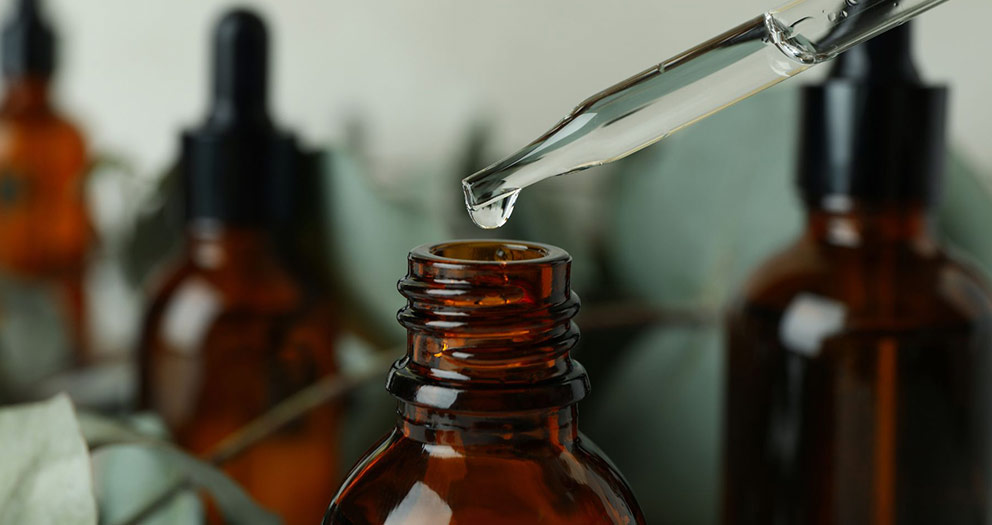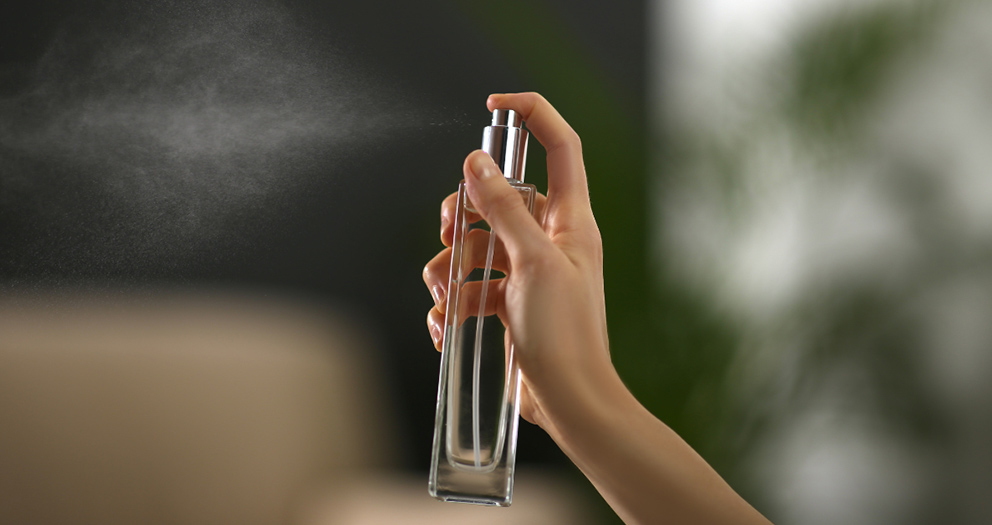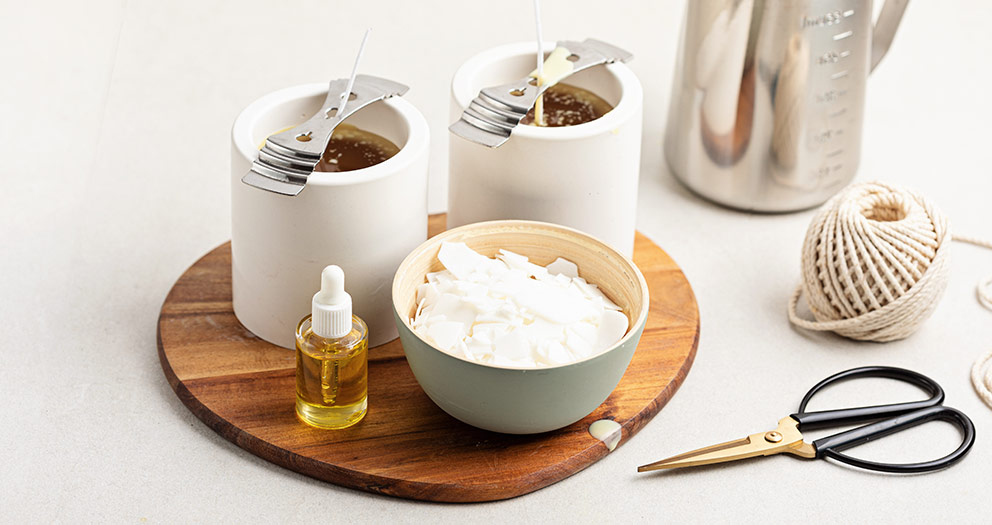Although the word “natural” used in some fragrance oils may imply a product derived directly from plants, the reality is far more complex. In this post we would like to address on a common misconception regarding “Natural Fragrance Oils” as we find that the term is loosely used in some vendors, leading to confusion and false expectations.
Perfuming terminology (ultra) basics
In perfuming industry we have 2 distinct names for scented oils that set them apart in regards to origin. The first is “Fragrance Oil” which is used when referring to a perfuming agent that is mostly produced with synthetic compounds and the other is “Essential Oil” which refers to a natural extract of a plant.
That is why all fragrance suppliers use the term “Fragrance Oil”, or “Essential Oil” for the matter, at the end of their product names, so that the buyer can instantly recognize its origin. For example: You will never see a perfuming agent called just “Lavender”, ever! It will be presented as “Lavender Fragrance Oil” if it is synthetic or “Lavender Essential Oil” if it is a natural extract.
The third term, “Natural Fragrance Oil”, is made up purely for marketing reasons in order to take advantage of some appealing characteristics that consumers associate with the word “natural” and it is never used by any respectable olfactory manufacturer.
The confusion between Essential Oils and Natural Fragrance Oils
It is very important to differentiate between “Natural Fragrance Oils” and Essential Oils. Essential Oils are concentrated extracts that capture the true essence of the plant, while “Natural Fragrance Oils” may include some isolated aromatic components that are derived from natural sources. They must not be confused in any way as pure Essential Oils.
And this is where the confusion starts to form in the mind of the consumer. You see, the word “natural” is not strictly regulated in the fragrance world, which can lead to open interpretations in what really constitutes a “natural” fragrance oil. And the sad truth is that the percentage of essential oils present in a “Natural Fragrance Oil” blend is most of the times so small, that in fact negates all possible aromatherapy properties and concepts like environment friendly or sustainable, most people correlate with products of “natural” origin.
Is natural really a safe and environmentally conscious choice?
First of all, although purely natural, Essential Oils can contain allergens and irritants like limonene, linalool, citronellol etc. And some of them (especially from the citrus family) have such high amounts of allergenic substances that are almost prohibited by IFRA to be used in quite a lot of end-products.
For example: A 100% steam distilled lemon essential oil contains over 65% Limonene which renders it ineligible for use in almost all IFRA codes (scented applications), even in the tiniest of dosages.
In regards to the environment, while essential oils derive from often renewable sources, some plants yield very little oil, requiring large amounts of plant material. For example, it takes 3,5tons of rose petals (an equivalent of 65 sqkms of land) to produce 1kg of rose essential oil, a practice which leads to overexploitation of large habitats in favor of a particular high income plant.
Yes, their production has a lower carbon footprint, but at what price? Almost 90% of natural perfuming oils come from under-developed countries with poor working conditions, and loose if not any environmental regulations which result to intensive farming that lead to monocultures, soil depletion, and in some cases the destruction of delicate ecosystems.
An affordable and responsible solution: Synthetics
Fragrance oils are more consistent in scent, extremely versatile as they can be precisely formulated for a broad range of applications with minimum allergens, they offer an almost endless array of unique scent combinations, plus they cost a fraction of the price of their essential counterparts.
As far as safety is concernced, always opt for synthetic oils that do not contain phthalates (usually used for enhancing the scent output of an oil) and are void of any highly regulated mutagens like endocrine disruptors. A responsible vendor will always provide publicly all the necessary documentation for their customers to examine and make an informed choice.
Surely, Fragrance Oils lack the aromatherapy benefits of essential oils, and may contain some indecipherable chemical names which many not appeal to some consumers just by lack of information, but if you are not going to use them for this purpose alone in your products, there is really no other reason not to choose them.
Natural Fragrance Oils: Are they really worth it?
Although “Natural Fragrance Oils” offer a somewhat eco-friendly and skin-friendly appeal, it is essential to be aware that they are not free from synthetic components, neither their “natural properties” are graded and guarranteed by any authority. There isn’t such establishment which monitors, rates, and regulates the “natural-ness” of any “Natural Fragrance Oil”. They are, above anything else synthetic, no matter the wording.
So, when choosing these types of fragrance oils, look for products that clearly list their ingredients and consider their true effects and benefits before using them. And in the end, if you prioritize purity, potency and therapeutic properties would you settle for a perfuming agent with questionable amount of natural origins?
Further read: Fragrances in Cosmetics by the FDA







Thanks a lot for this valuable information. such a nice effort by you thank you once again.